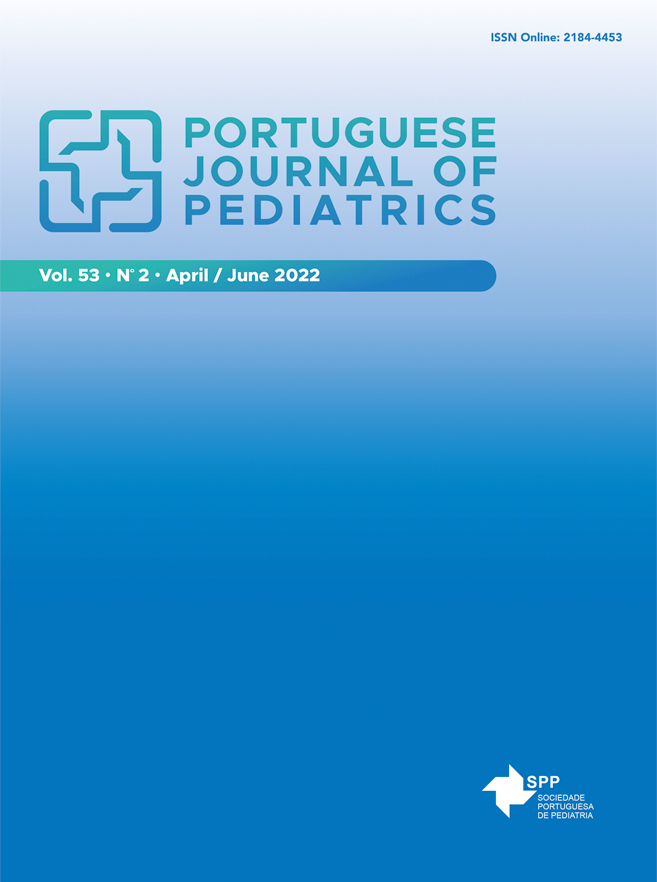Familial Hypokalemic Periodic Paralysis
DOI:
https://doi.org/10.25754/pjp.2022.24587Abstract
Periodic paralysis is a rare neuromuscular disease related to a defect in muscle ion channels and is classified as hypokalemic when occurring in episodes associated with low levels of potassium in the blood. A 12-year-old female adolescent was referred to the emergency department due to the sudden onset of tetraparesis. There were no signs of respiratory distress or difficulty breathing. Neurological examination showed grade II and grade III muscle strength in the lower and upper limbs, respectively. Osteotendinous reflexes were absent, while facial mimic was still present. The mother reported a family history of periodic hypokalemic paralysis affecting several family members. The patient was discharged 20 hours after therapy onset and medicated at home with daily acetazolamide and potassium chloride upon the onset of symptoms. A genetic study was performed in an index case. Periodic familial paralysis is a rare condition, the most common form of which is known as hypokalemia. This case report aimed to emphasize the importance of the patient clinical history and complete physical examination on the diagnosis of periodic familial paralysis.
Downloads
Downloads
Published
Issue
Section
License

This work is licensed under a Creative Commons Attribution-NonCommercial-NoDerivatives 4.0 International License.









